As a new lingerie campaign divides the internet, we ask: why are female athletes still being sexualised?
A new campaign aimed at tackling teenage girls dropping out of sport has divided opinion.
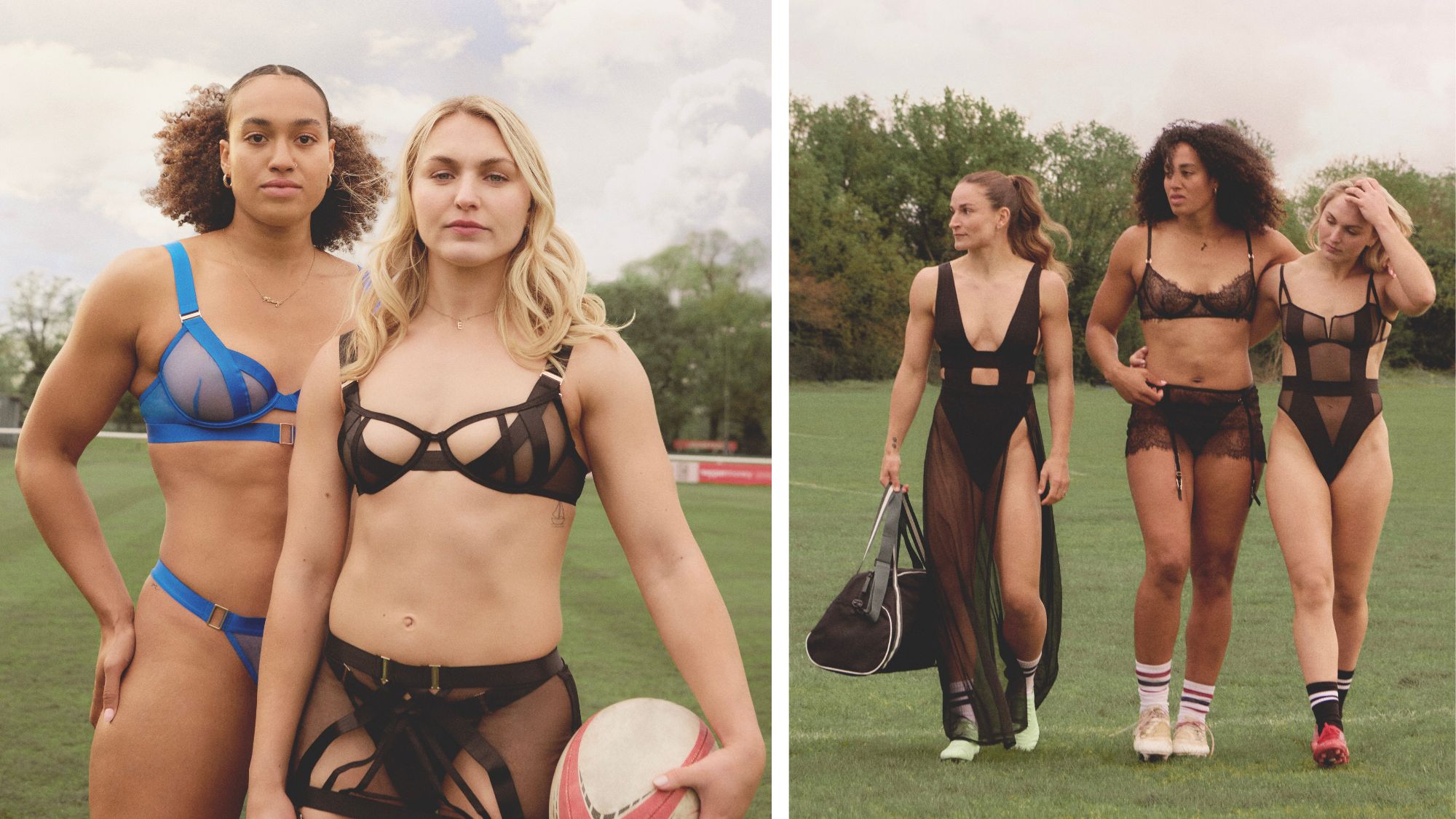

A new campaign showing Team GB’s Olympic rugby players Jasmine Joyce, Celia Quansah and Ellie Boatman in lingerie is dividing the internet.
“Can you explain to me, like I’m four years old, why you need to do this kind of campaign?” says the most recent comment on the Evening Standard’s Instagram post showing the new #StrongIsBeautiful campaign in partnership with the lingerie label Bluebella. It seems to say it all.
A post shared by The Standard (@evening.standard)
A photo posted by on
The campaign, which features the incredible Team GB athletes, is ostensibly aimed at encouraging young girls not to drop out of sport. While the Olympians look strong, powerful, and striking, many on social media have been questioning why they need to be in highly sexualised lingerie to make the point. “So they have to wear sexy underwear to encourage girls to carry on with sports ? Seriously we have gone back to the 1930s”, argued one social media user.
More than half of all secondary schoolgirls (64%) give up sport before they turn 16, often because of insecurity about their bodies around puberty. If I’d seen this campaign then, I think I’d have dropped out even sooner.
Sport at my school—an underfunded and wildly overcrowded school that, according to an Ofsted report at the time, “requires improvement”—was already messily conflated with sexuality. This was a school that repeatedly saw a substitute teacher pass off playing a Ministry of Sound ‘Pump It Up’ workout DVD as a PE lesson. Now, I hope that this was not true of most schools, but it didn’t take models gyrating to Eric Prydz to turn sport into a painfully uncomfortable experience for me; it was already there.
Girls are three times more likely to drop out of sports than boys
Women in Sport survey 2022
As a Women in Sport survey shows, nearly half of girls drop out of sport after 13 citing self-belief and body image concerns as key factors. A campaign that focuses so acutely on image seems to miss the point, even if it does make a case for strength as beauty and the underwear is aesthetically pleasing.
According to Bluebella, the campaign aims to challenge the notion that female athletes are ‘masculine’ and ‘unfeminine’ and encourage young girls to stay in sports. Both are valid causes, yet many have been quick to point out the double standard in how we champion our young people. “So basically women have to appear in lingerie in order to look feminine? Well done that’s a new level of treating women as sex objects.” argues one social media user. Another quips; “Encourage girls to play sports but appear in lingerie”.
Marie Claire Newsletter
Celebrity news, beauty, fashion advice, and fascinating features, delivered straight to your inbox!
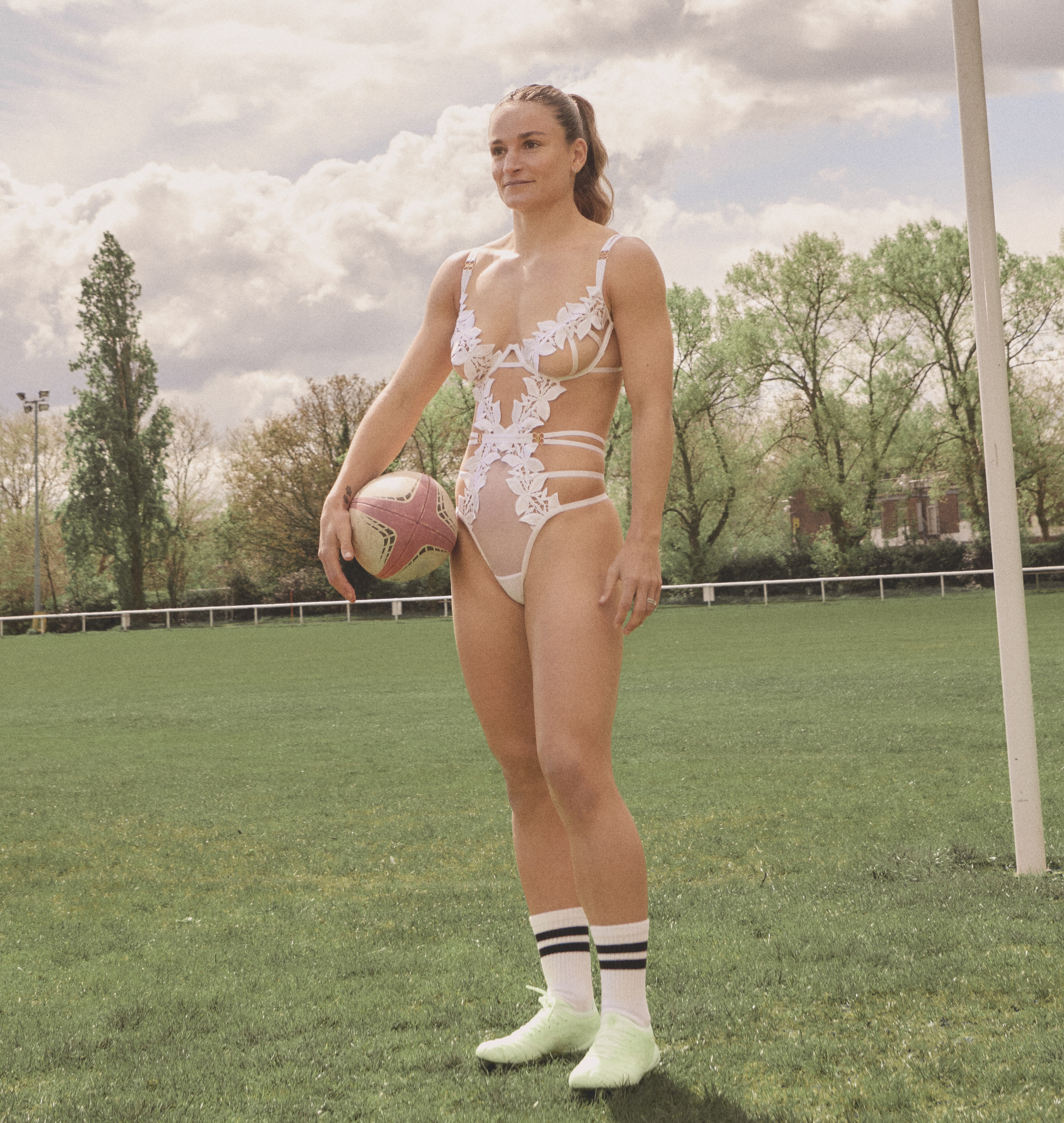
Jasmine Joyce in Bluebella
While the campaign succeeds in showing the elite athletes as both strong and beautiful, it also portrays an outdated idea of femininity and does little to dispel unattainable beauty ideals, given that these are quite literally Olympic—or soon-to-be-Olympic athletes. Teenage girls have enough of a game comparing themselves with each other—and everyone on social media— without throwing literal athletes into the mix.
The comment section, which is stuffed with sparring social media users and dicey opinions on both ends of the spectrum.
Ashley James, a presenter and broadcaster who regularly appears on This Morning, addressed “everyone” in the comment section on the divisive post and argued that “if you can’t look at women wearing bras without sexualising them-that is a you problem, not a them problem.” James also compares the shoot to a recent Skims campaign fronted by footballer Jude Bellingham in a fittingly skimpy pair of boxers.
A post shared by Jude Bellingham (@judebellingham)
A photo posted by on
I see her point, but the argument that the campaign is “clearly for girls” and not the male gaze doesn’t land. As others have pointed out, there is a difference between boxers and lingerie. Garter belts and suspender skirts are undoubtedly empowering for some women, and it’s an otherwise nice brand, but it’s a confusing move to use sexiness as a tool for keeping young girls in sports. It’s as if the incentive here is to say, ‘Stay in sport so that you too can look good in a garter belt’. “Love the idea of girl power but the lingerie thing not so much,” adds one social media user.
I think the worst part in all this is that the campaign has already fuelled a tear-down of women. We should be championing Team GB, just as we should be championing young girls to stay in sport. Ellie Boatman, Celia Quansah, and Jasmine Joyce are strong, and they are beautiful, but the campaign falls into the same old trap of focusing too much on the latter.

Mischa Anouk Smith is the News and Features Editor of Marie Claire UK.
From personal essays to purpose-driven stories, reported studies, and interviews with celebrities like Rosie Huntington-Whiteley and designers including Dries Van Noten, Mischa has been featured in publications such as Refinery29, Stylist and Dazed. Her work explores what it means to be a woman today and sits at the intersection of culture and style. In the spirit of eclecticism, she has also written about NFTs, mental health and the rise of AI bands.
-
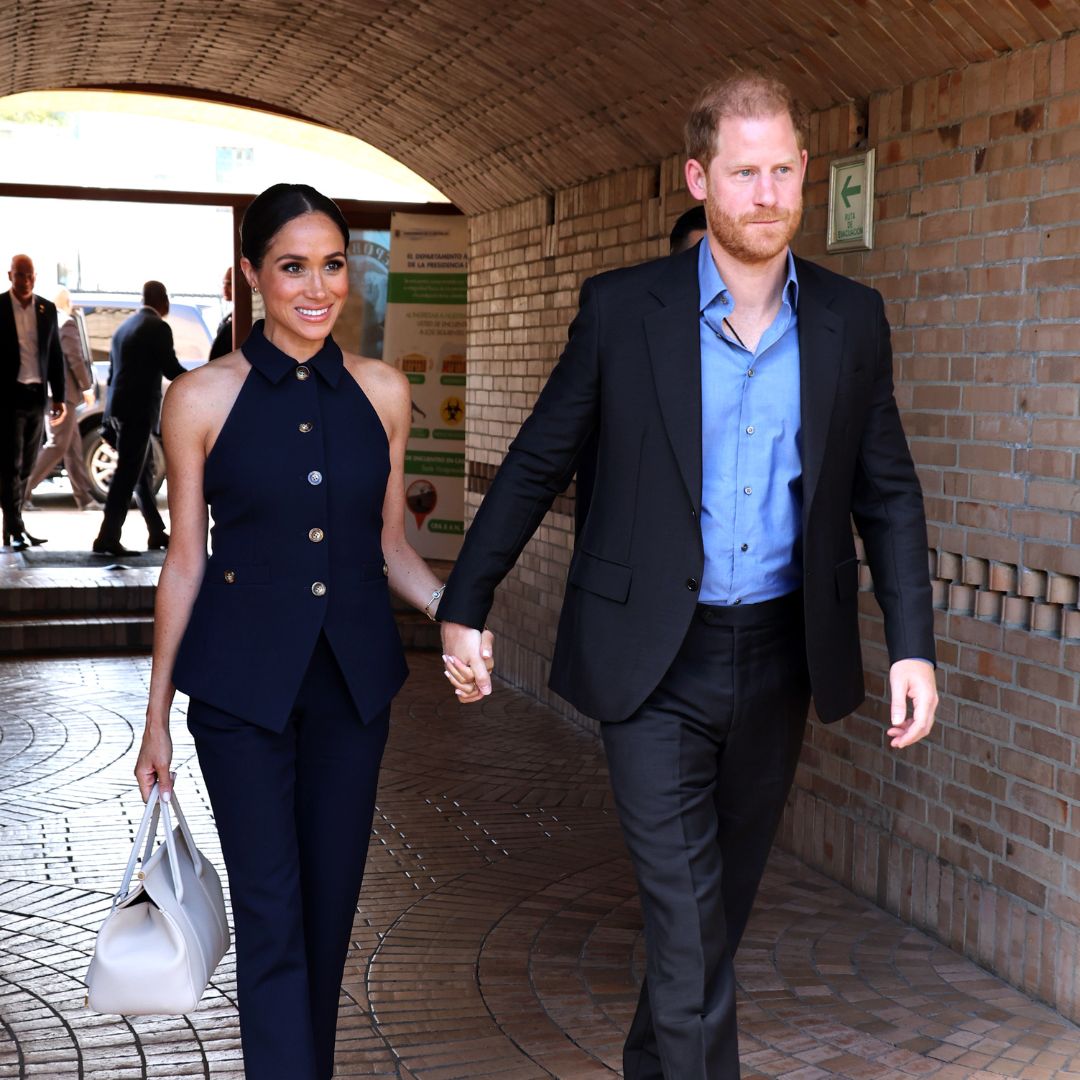 Prince Harry's "proud" words about wife Meghan Markle are going viral
Prince Harry's "proud" words about wife Meghan Markle are going viralBy Jenny Proudfoot
-
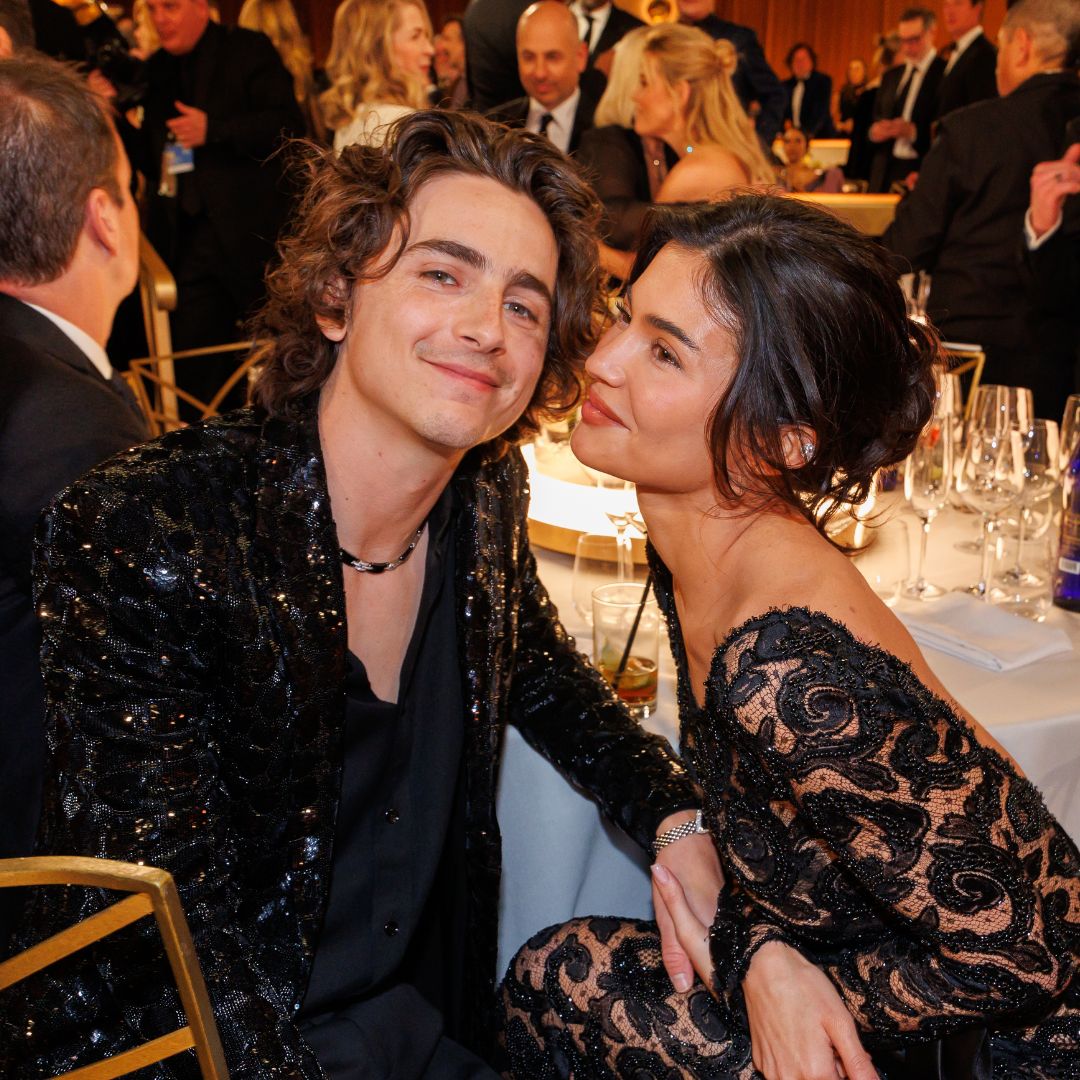 Sources have opened up about Timothée Chalamet and Kylie Jenner's "intense" start to the year
Sources have opened up about Timothée Chalamet and Kylie Jenner's "intense" start to the yearBy Jenny Proudfoot
-
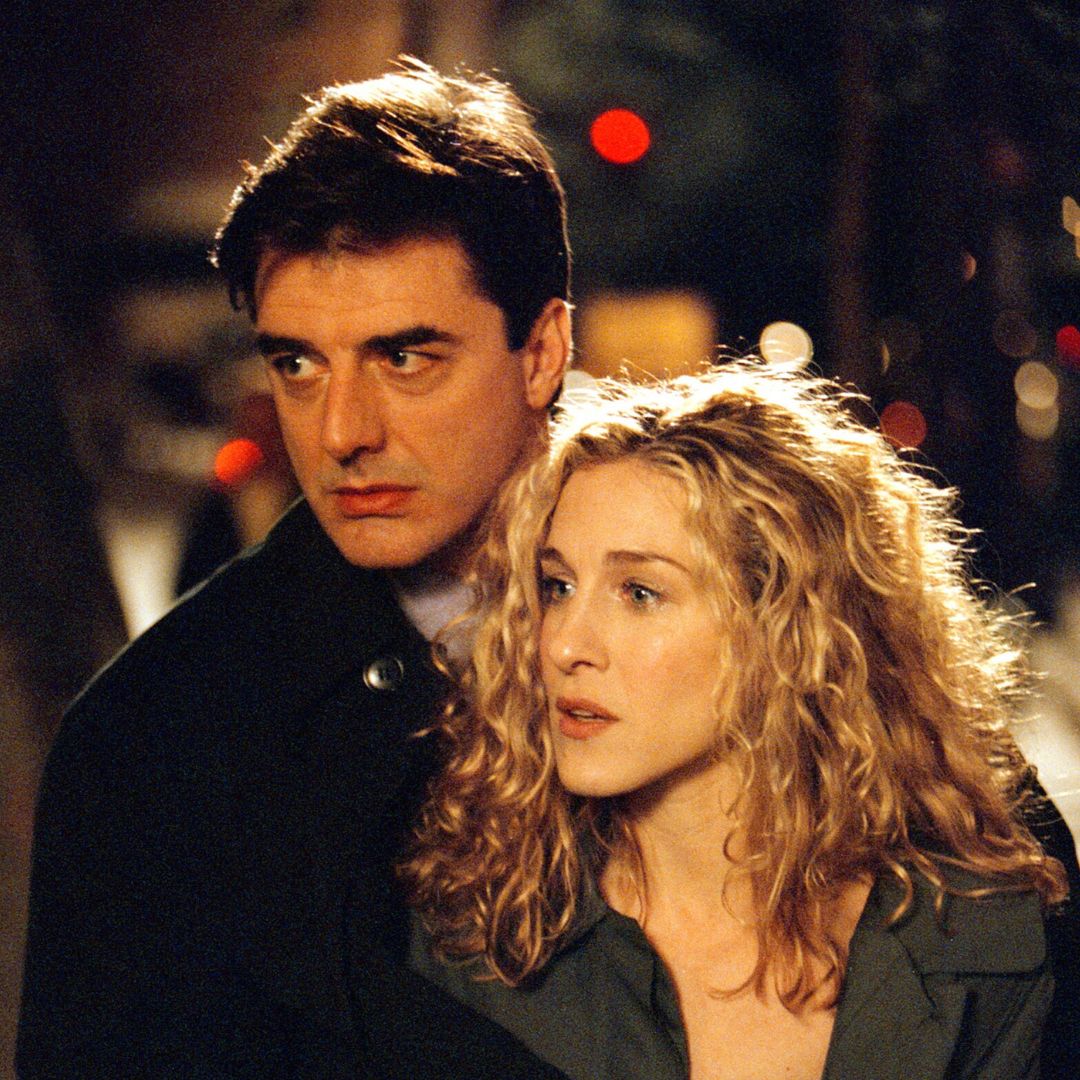 Two Hollywood actresses were offered the role of Carrie Bradshaw before Sarah Jessica Parker
Two Hollywood actresses were offered the role of Carrie Bradshaw before Sarah Jessica ParkerBy Jenny Proudfoot
-
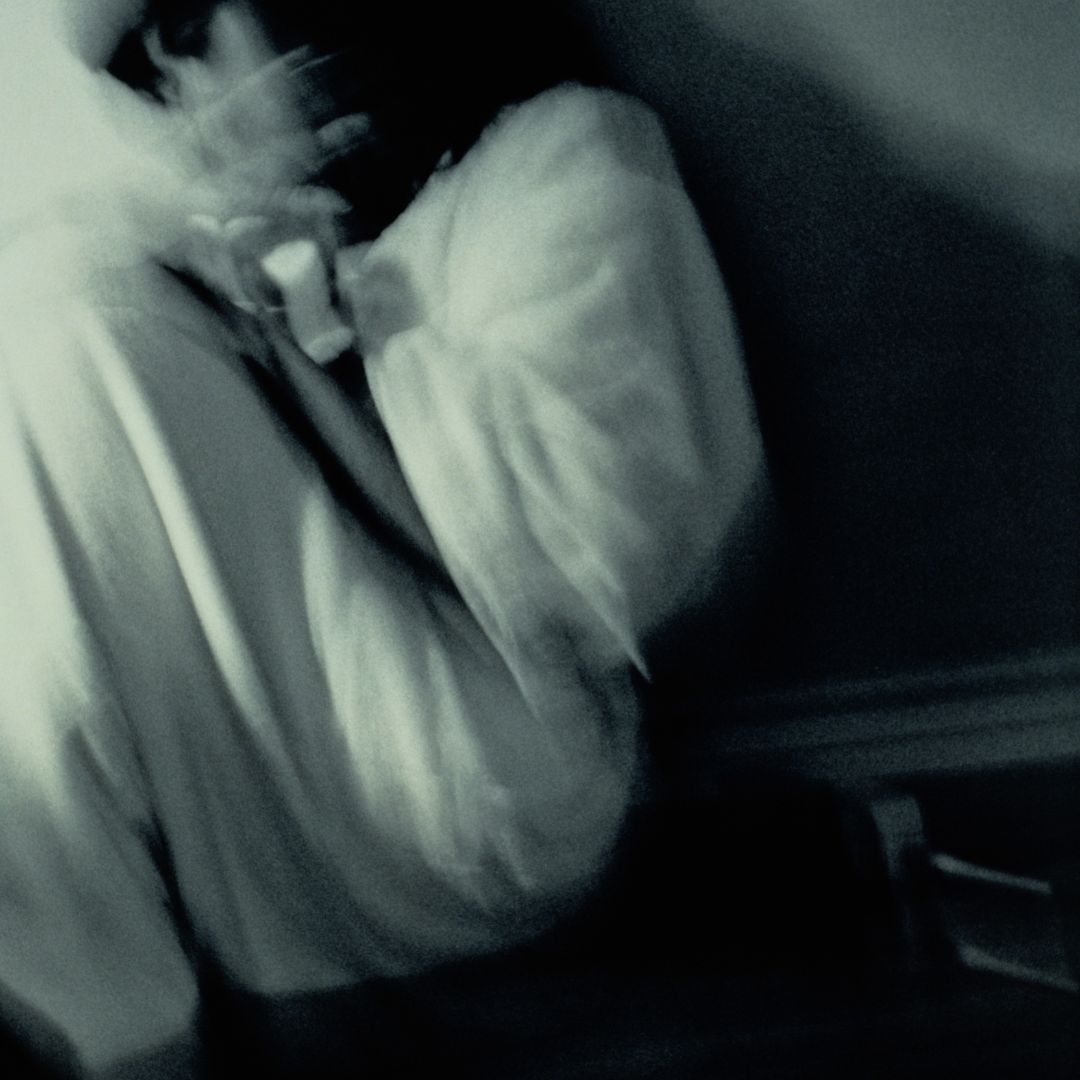 Domestic abuser is jailed for killing his girlfriend after a football match
Domestic abuser is jailed for killing his girlfriend after a football matchDomestic abuse is a “unique trend in men’s football,” says charity.
By Mischa Anouk Smith
-
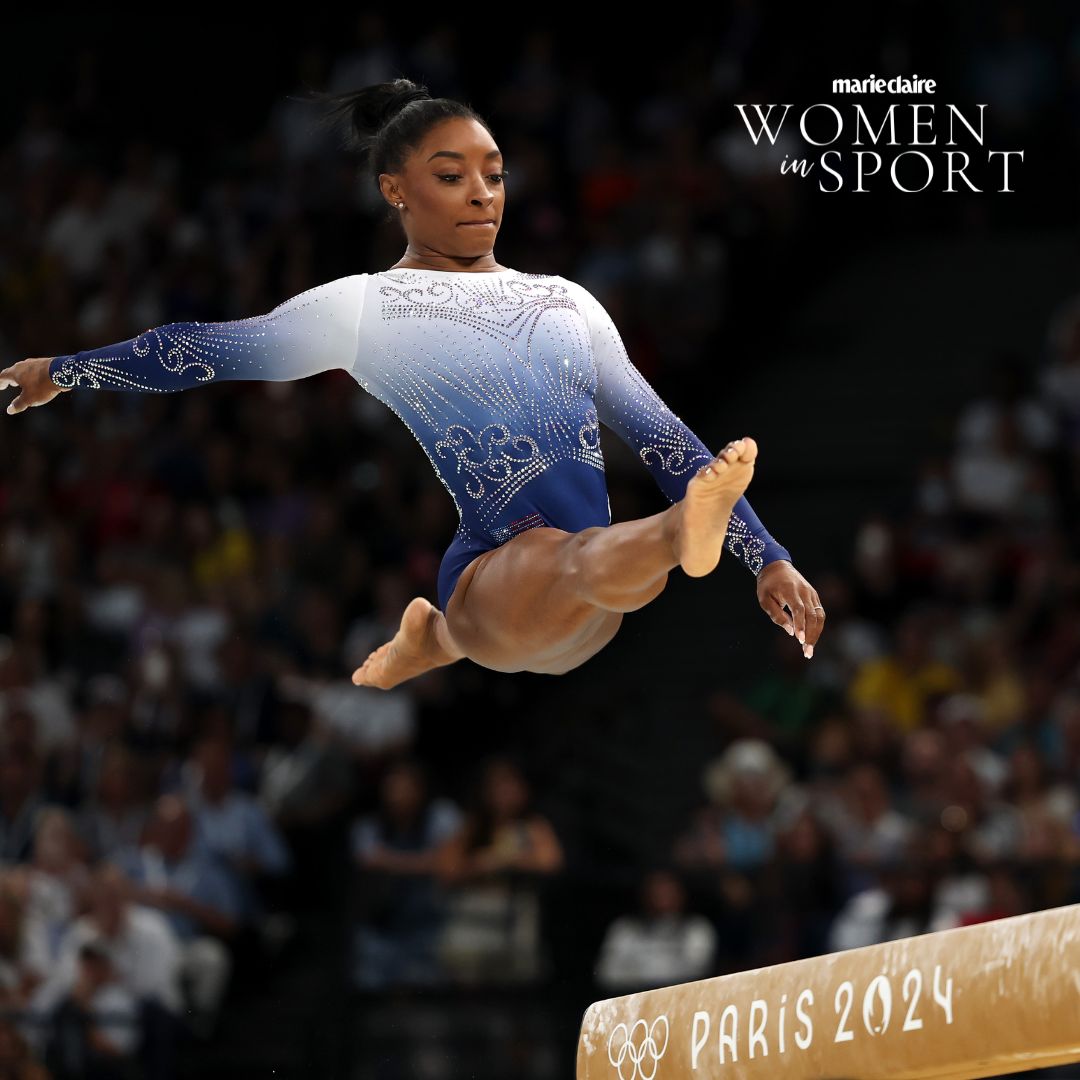 It’s been one of the most progressive Olympic Games ever - so why is there still so much debate about women's "strong" bodies?
It’s been one of the most progressive Olympic Games ever - so why is there still so much debate about women's "strong" bodies?Another games, another set of archaic outlooks when it comes to the female form.
By Sheilla Mamona
-
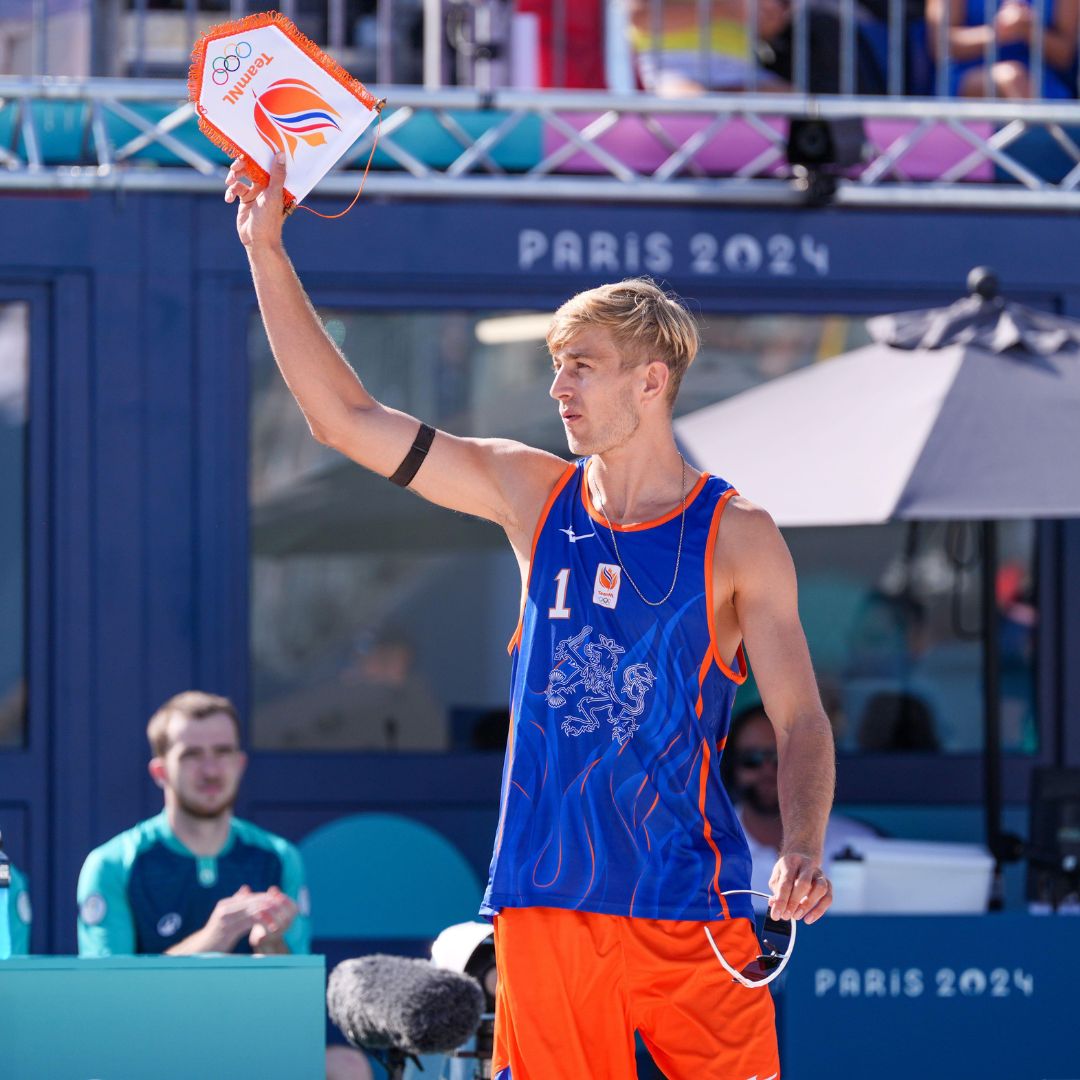 How did a convicted child rapist end up at the Olympics?
How did a convicted child rapist end up at the Olympics?The Dutch volleyball player’s presence shows how violence against women and girls is normalised
By Mischa Anouk Smith
-
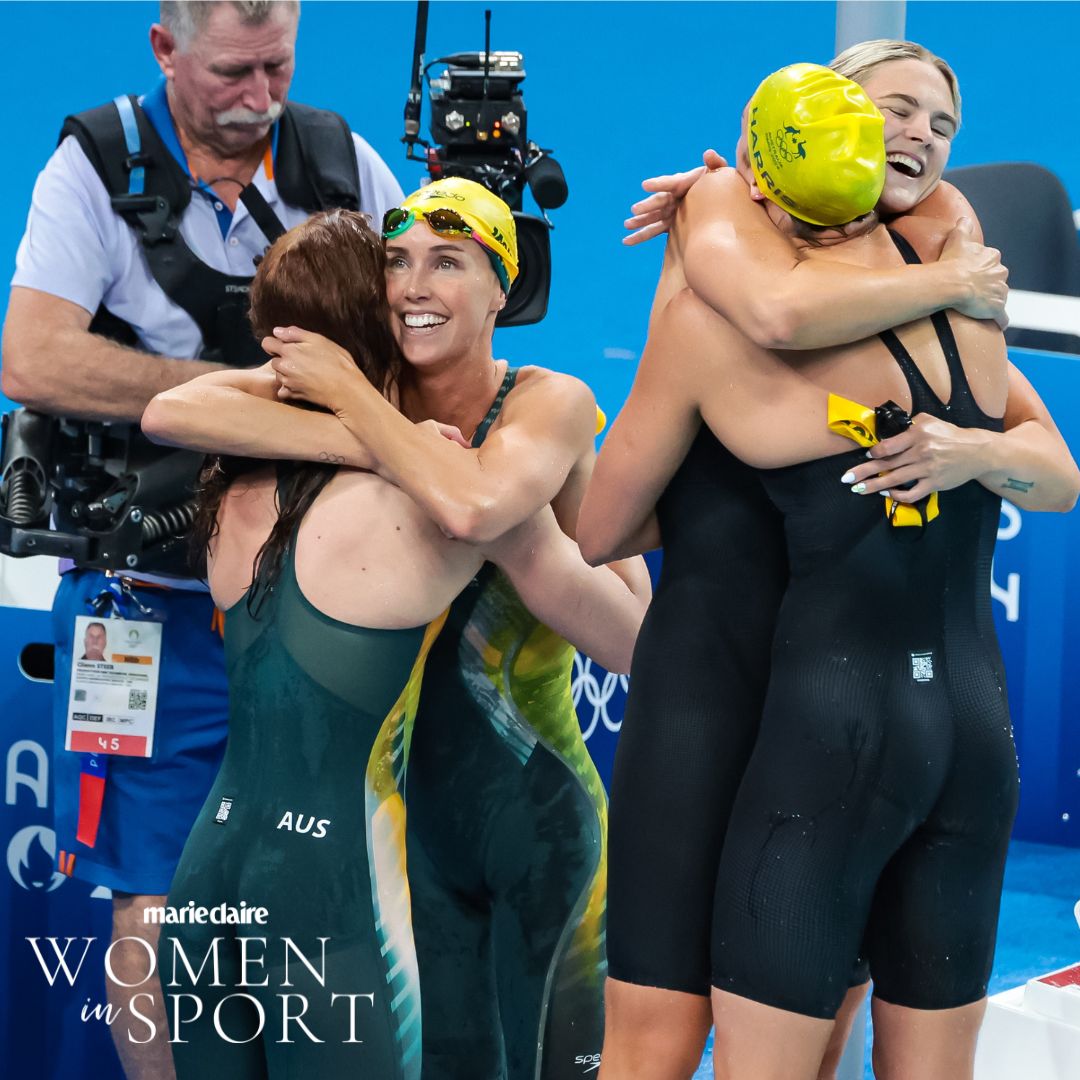 I asked people on X for their take on Bob Ballard's dismissal after sexist "joke" - and the replies I got were eye-opening
I asked people on X for their take on Bob Ballard's dismissal after sexist "joke" - and the replies I got were eye-openingThe Olympic commentator has been dropped for his remarks just days into the event.
By Ally Head
-
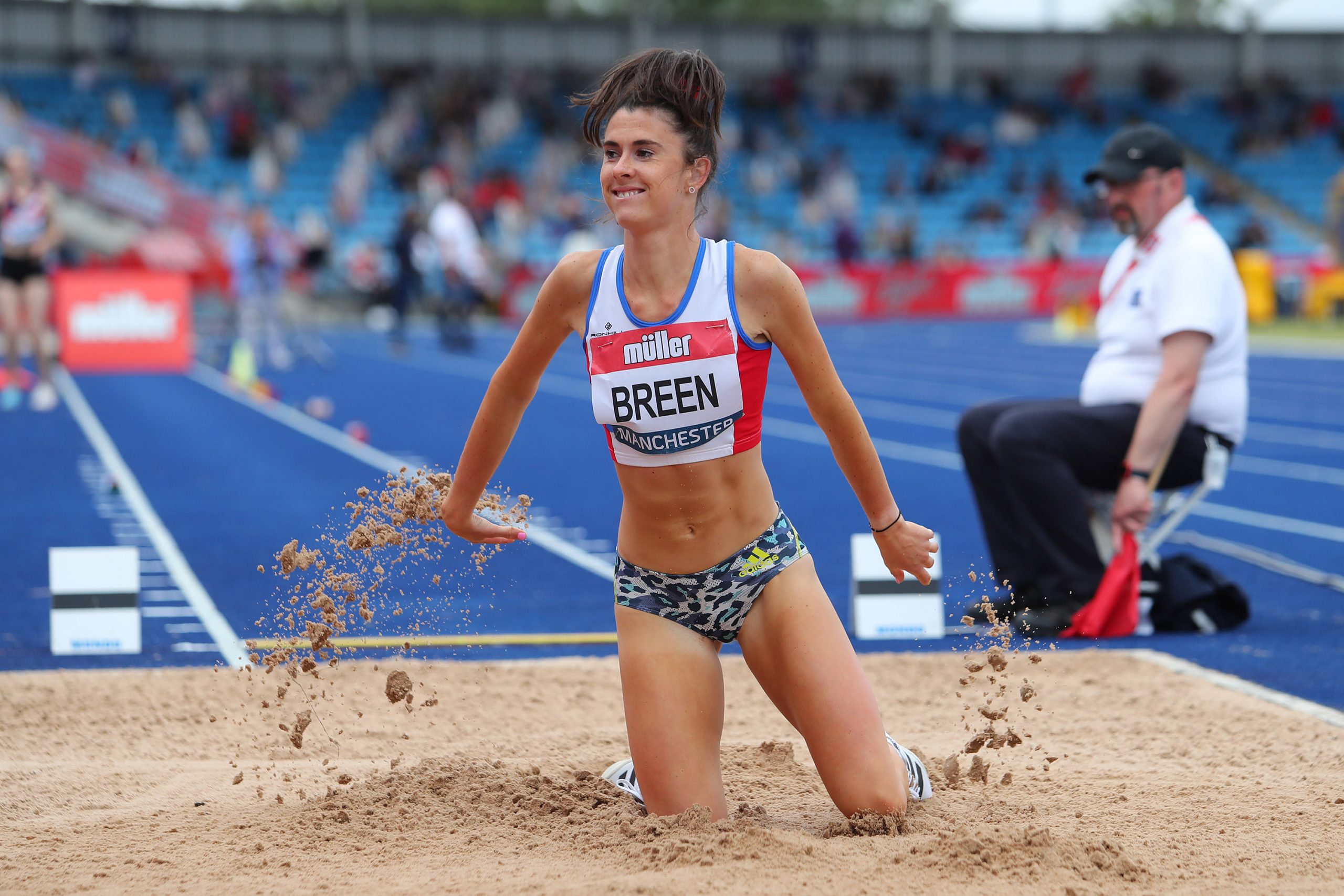 Why are female athletes still being criticised for what they wear in 2021?
Why are female athletes still being criticised for what they wear in 2021?As the Norway women's beach handball team are fined for not competing in bikini bottoms, we ask: why are female Olympians required to wear less clothing than their male counterparts?
By Ally Head